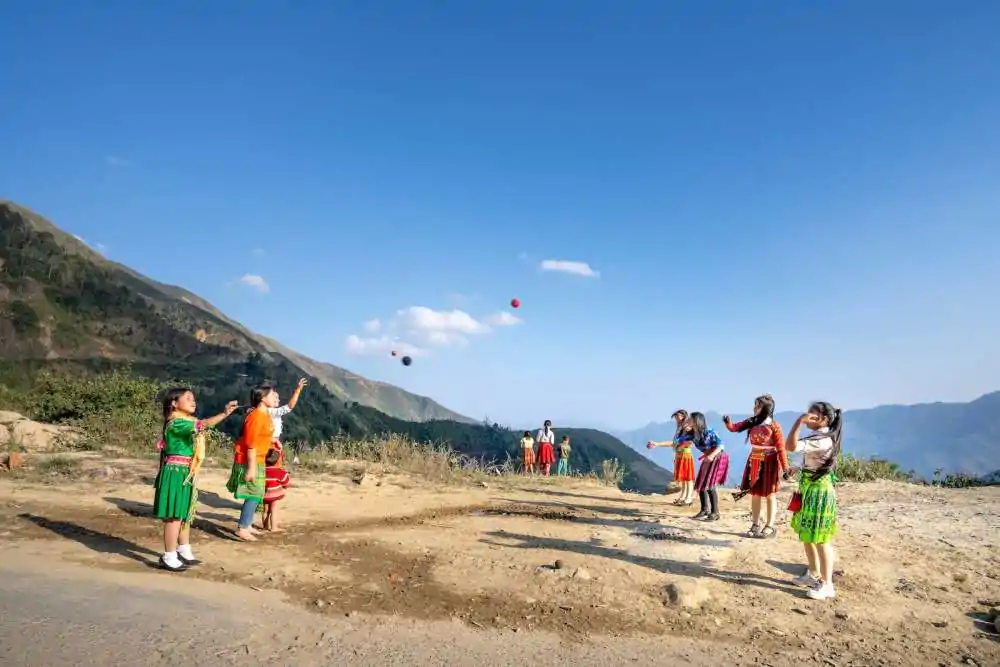Hello, young learners! Welcome back to Primary 2 Basic Science And Technology. In our previous lesson, we learned about No previous lesson found.. Today, we’re going to learn about Local Games.
Objectives
By the end of this lesson, you should be able to:
- Mention 3 examples of local games
Local Games
Local games are traditional games that people play in a specific area or community. In Nigeria, these games are often passed down through generations within a specific community, have easy rules and are fun for everyone to enjoy together.. These games are typically simple, requiring minimal equipment, and are designed to promote physical activity, social interaction, and sometimes impart cultural values.
Examples Of Local Games
Some of the examples of local games include:
- Do as I Do: In this game, one person performs a series of actions, and the others mimic those actions. For example, the person might jump, clap, or spin around, and the other players have to copy their movements.
- Clap Over Your Head: Participants clap their hands over their heads following a rhythm or a specific pattern. This game can be played with different variations, such as clapping in different tempos or adding other movements like stomping feet.
- Who is in the Garden: A guessing game where one child hides behind others, and the rest have to guess who is hiding. This game encourages teamwork and communication as the children work together to find the hidden player.
- Elastics (Skipping Game): Children take turns jumping over an elastic band stretched between two participants. This game involves coordination, agility, and timing as the children try to jump over the elastic without tripping.
- Musical Chairs: Chairs are arranged in a circle, and children walk around them while music plays. When the music stops, they have to find a chair to sit in. The last child without a chair is out, and the game continues until only one child remains. This game is a fun way to develop quick thinking and reflexes.
Evaluation
Now that you’ve learned about Local Games, let’s see if you can answer these questions:
- Name one local game we discussed today. 2. What do you do in the game “Clap over your head”?
- Why are local games important for us?
- Can you think of any other local games that you know? 5. What are some of the benefits of playing local games?
Conclusion
Local games are a fun and engaging way to learn about our culture and heritage. They also promote physical activity, social interaction, and teamwork. Remember to always play safely and have fun! Don’t forget to check the comments section if you have any questions, and use the navigation to move to the next lesson. See you in the next lesson!









